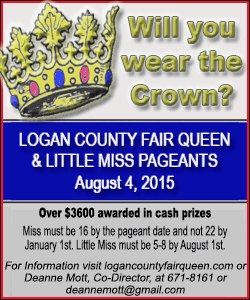|
 Organizers of "America's Journey for Justice" want to build
momentum behind a renewed national dialogue over race relations
prompted by the killing of a number of unarmed black men by police
officers over the past year. Organizers of "America's Journey for Justice" want to build
momentum behind a renewed national dialogue over race relations
prompted by the killing of a number of unarmed black men by police
officers over the past year.
National Association for the Advancement of Colored People leaders
at the rally urged marchers to honor the memories of New York's Eric
Garner and Cincinnati's Samuel DuBose, two of the unarmed black men
killed in the police confrontations.
The march, which would cover nearly 900 miles, began on Selma's
historic Edmund Pettus Bridge, where police beat peaceful marchers
with clubs and doused them with tear gas in 1965. The infamous
confrontation was a catalyst for the passage of the landmark Voting
Rights Act, signed into law 50 years ago this week.
After two aborted attempts, civil rights activists led by the Rev.
Martin Luther King Jr. eventually marched to the state capital of
Montgomery to build support for the legislation, which seeks to
protect the rights of minority groups to cast ballots.

"We know we can do the distance because our lives, our votes, our
jobs and our schools matter," said Cornell William Brooks, president
and chief executive of the NAACP, one of the oldest and largest
civil rights groups in the United States.
"Let us march on, let us march on, let us march on till victory is
won," Brooks chanted before leading the crowd, two by two, across
the bridge.
Organizers say the outcry triggered by the recent police killings,
including the shooting of a black teenager in Ferguson, Missouri,
needs to be channeled into a long-term commitment to bring about
change.
[to top of second column] |

"We can continue to be serially outraged, or we can engage in an
outrageously patriotic demonstration with a commitment to bringing
about reform in this country," Brooks said before the rally.
The march will feature "teach-ins" and other events in five states -
Georgia, South Carolina, North Carolina and Virginia - as it makes
its way to the nation's capital, where organizers hope to draw
thousands at a final rally on Sept. 16.
The NAACP aims to bring attention to racial injustice across issues
like policing, public education, incarceration, voting rights and
income inequality.
Brooks said the NAACP will look to mobilize thousands by the time it
arrives in Washington, working with organizations representing labor
unions, environmentalists, women's advocates and Judeo-Christian
religious leaders.
(Reporting by Letitia Stein in Tampa, Florida; additional reporting
by Katie Reilly in New York; Editing by Frank McGurty, Alden Bentley
and Richard Chang)
[© 2015 Thomson Reuters. All rights
reserved.]
Copyright 2015 Reuters. All rights reserved. This material may not be published,
broadcast, rewritten or redistributed.
 |